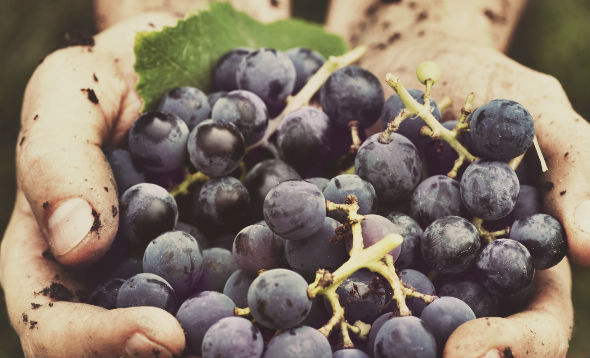That organic living is a conscious health choice
Why Organic Matters When It Comes to Building Our Children's Immunity?
What we feed our children matters for life.
When we start introducing solid foods to our babies, good nutrition is the key to ensuring optimal growth and development of their immune systems. Healthful, nutritionally-rich foods such as fresh fruits and vegetables have an abundance of essential vitamins and minerals, and should be staples in baby’s diet.
As mums, we have nutrition for our children down pat, but is it a must to go for premium-priced organic produce?
From the prenatal period to around eight years of age, children experience significant growth – physically, cognitively, socially and emotionally. Gaps in nutrition or exposure to chemical additives in food, water and the environment can impede your child’s development, and possibly trigger allergic reactions and asthma.
To reduce the amount of nasty chemicals and additives that your child consumes, choosing organic-certified foods is one of the best choices you can make.
What does certified organic mean?
Certified organic food is grown and processed without synthetic pesticides, herbicides, hormones or antibiotics. It’s non-GMO, pasture-fed, free-range, sustainably-fished and biodiversity-friendly.
Non-organic Vs organic: What difference does it make?
A study published by the British Journal of Nutrition, found that certified organic dairy products contain more beneficial omega-3 fatty acids than the non-organic variant
- Certified organic meat was also found to have significantly higher levels of nutritionally beneficial polyunsaturated and omega-3 fatty acids, and less harmful saturated fats.
- Organic fruit and vegetables are free from organophosphate pesticides, which are neurotoxins that act on our nervous systems by blocking an important enzyme.
- Organic food has significantly higher levels of antioxidants which are essential in neutralising and removing free radicals from the bloodstream
Reach for certified organic produce the next time you go grocery shopping. Don’t judge the cabbage by the price on its head. Think about the higher levels of nutrients and health benefits for you and your family.



























_1672804154.jpg)

_1611290459.jpg)